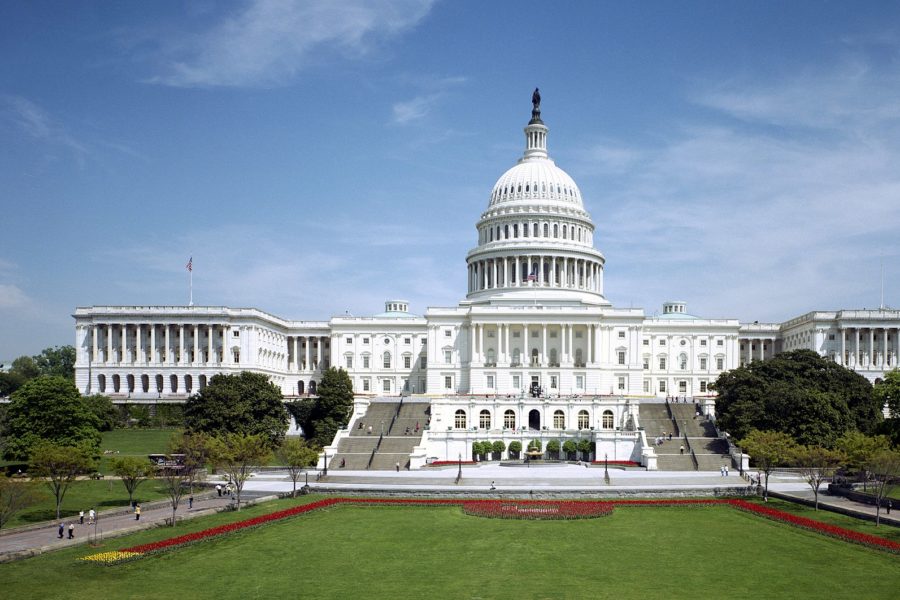Congress passed a continuing resolution to fund the federal government through Dec. 16, avoiding a shutdown but ensuring that the Pentagon and other federal agencies will yet again start the fiscal year without a new budget.
The House of Representatives approved the CR early in the afternoon of Sept. 30 by a vote of 230-201, hours before the midnight deadline and the day after the Senate advanced the measure, 72-25, on Sept. 29. The bill now goes to President Joe Biden’s desk.
The continuing resolution will mostly keep spending levels frozen at the previous fiscal year’s levels, though it does include an extra $12 billion in aid for Ukraine—largely in line with Biden’s request for $11.7 billion earlier this month.
This new round of aid is intended to last through December. The $12 billion includes $3 billion in defense aid through the Ukraine Security Assistance Initiative, $1.5 billion to replenish Pentagon stocks depleted by presidential drawdowns to provide weapons to Ukraine and other countries aiding Ukraine, $540 million to increase production of critical munitions to replace those sent to Ukraine, and up to $3.7 billion in presidential drawdown authority.
Aside from security assistance, the bill also includes $4.5 billion to support Ukraine’s national government.
Continuing resolutions have become a common occurrence for Congress in recent decades, as lawmakers have frequently failed to pass new budgets by the Oct. 1 start of each new fiscal year.
Defense Department leaders have decried the practice, saying it prevents the start of new programs, delays production increases, and keeps funds stuck in the wrong accounts. The Pentagon has started the new fiscal year under a continuing resolution in 13 of the last 14 years, according to a Government Accountability Office report that detailed the ways DOD officials have adapted to those constraints.
Department of the Air Force leaders, in particular, have already said any delay in the 2023 budgeting process will have “a particularly negative effect.”
While the Air Force and other Pentagon leaders will now have to wait until mid-December for that 2023 budget, it remains unclear when Congress will act on the National Defense Authorization Act, the annual bill that sets policy for the department.
The House passed its version of the NDAA in mid-July, increasing the top line of the Pentagon’s budget request by $37 billion. The Senate Armed Services Committee passed its version in June, with committee leadership filing it to the Senate floor in mid-July, but the full chamber has yet to vote on the bill.
The NDAA is typically considered “must-pass” legislation, but in recent years, that process has sometimes dragged to the end of the calendar year. Such a process may unfold again this year, as the House is scheduled to be in recess for all of October ahead of the Nov. 8 midterm elections.
